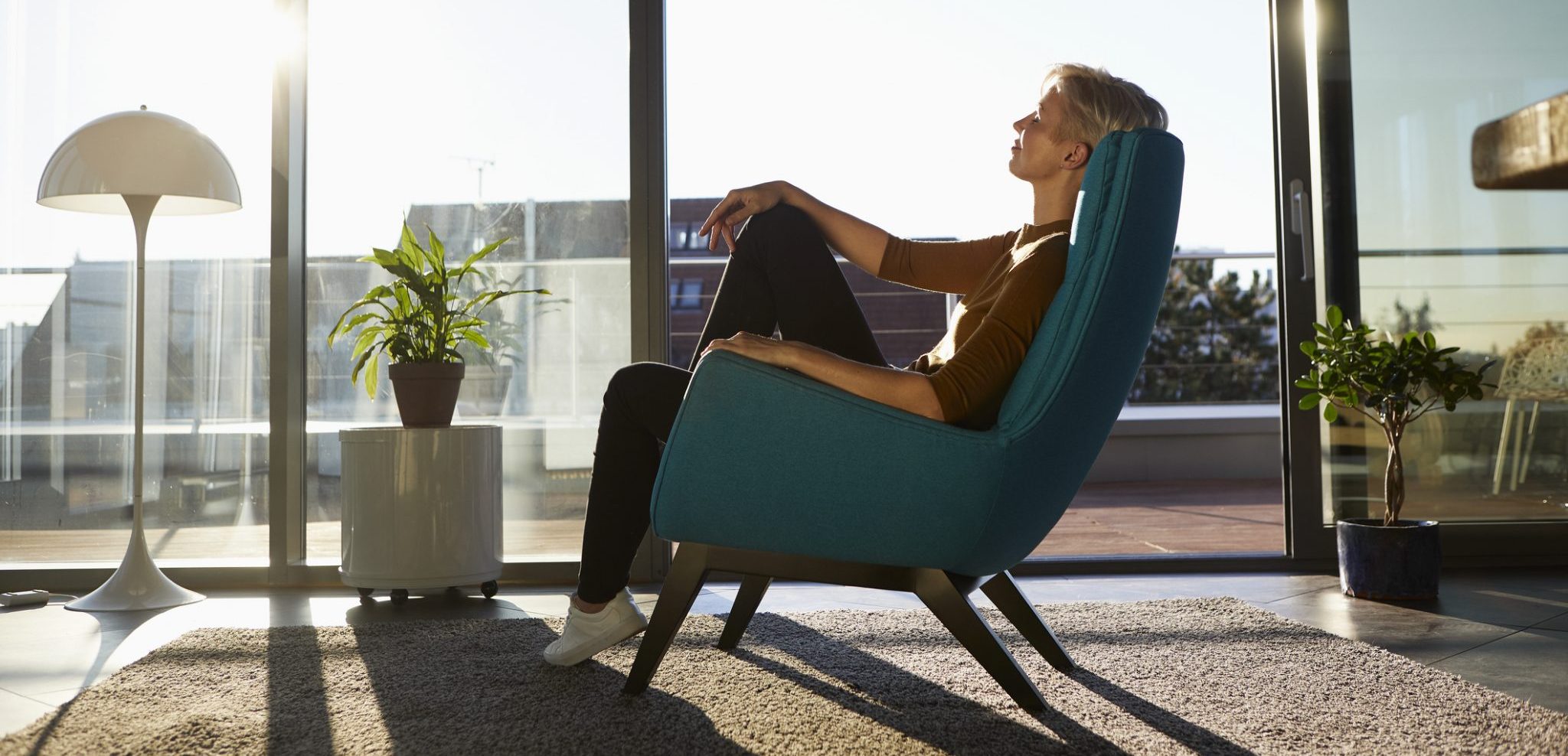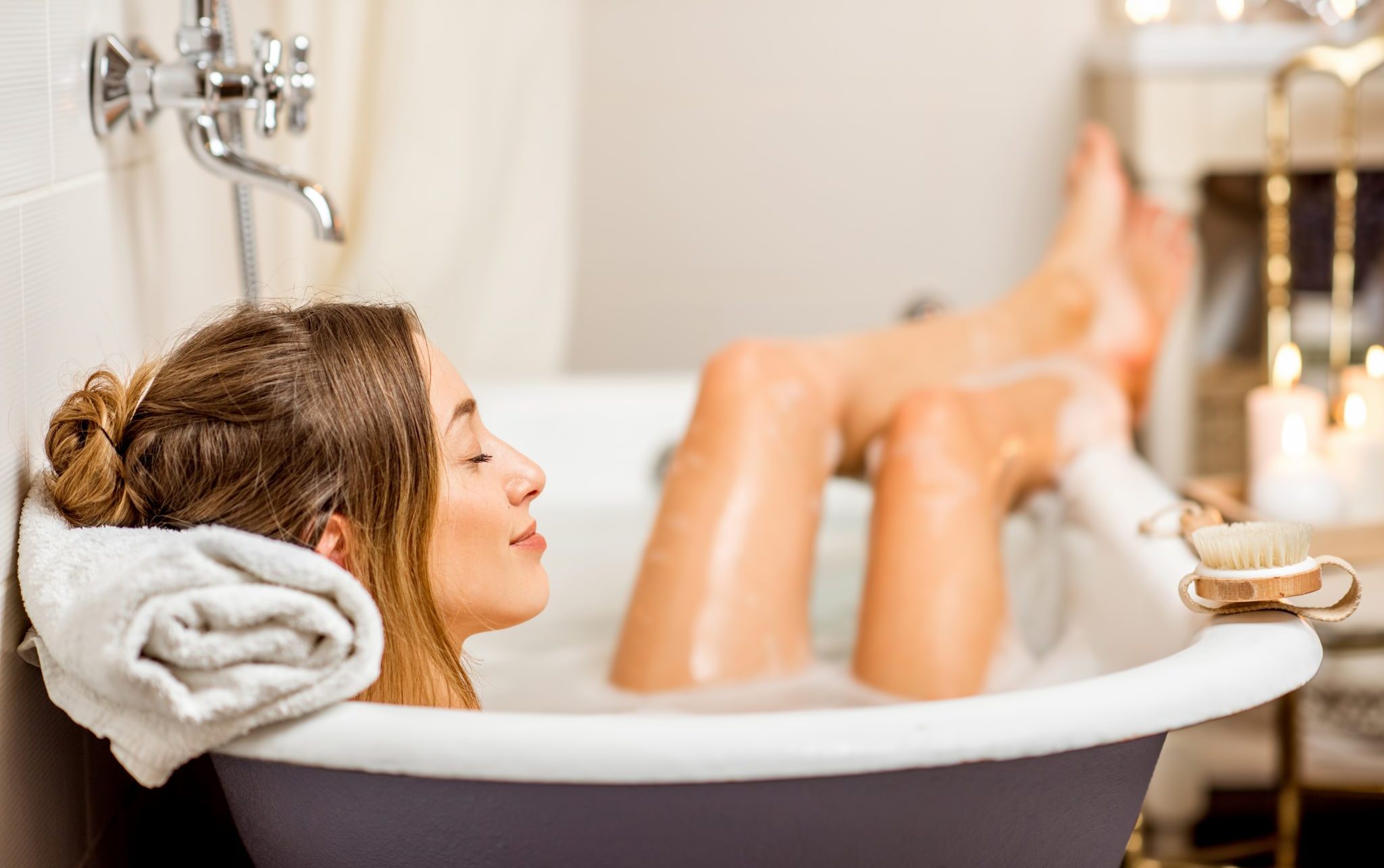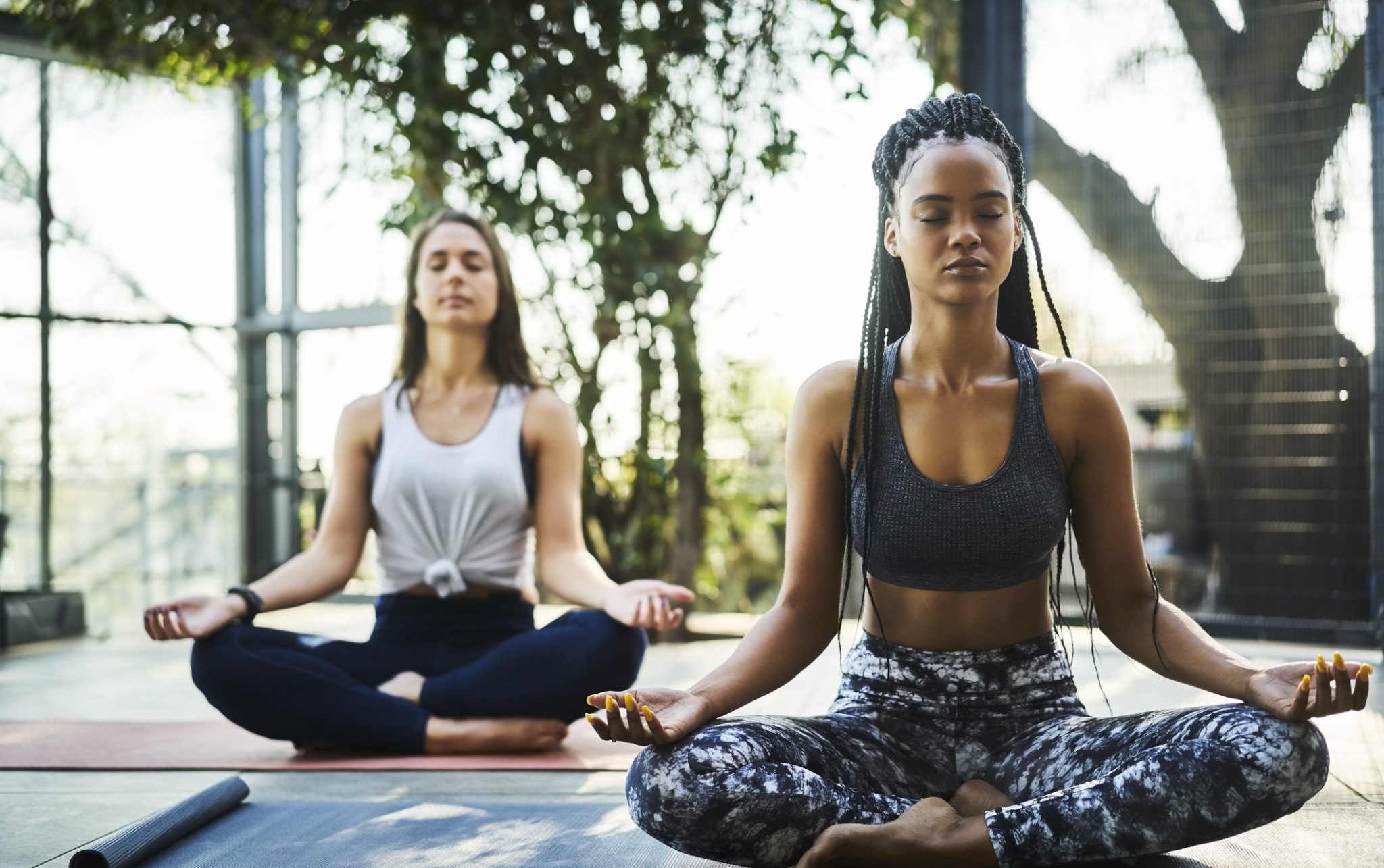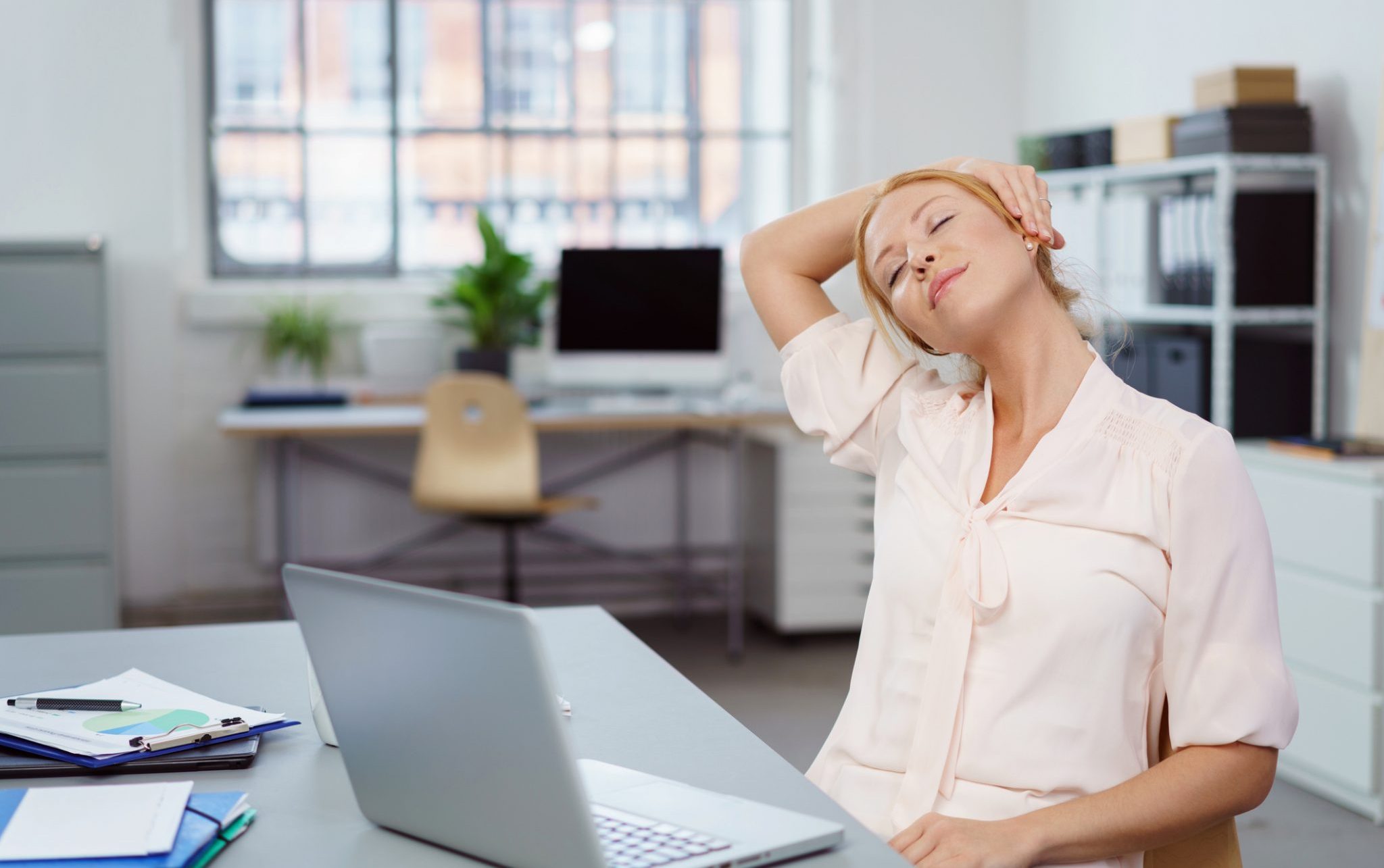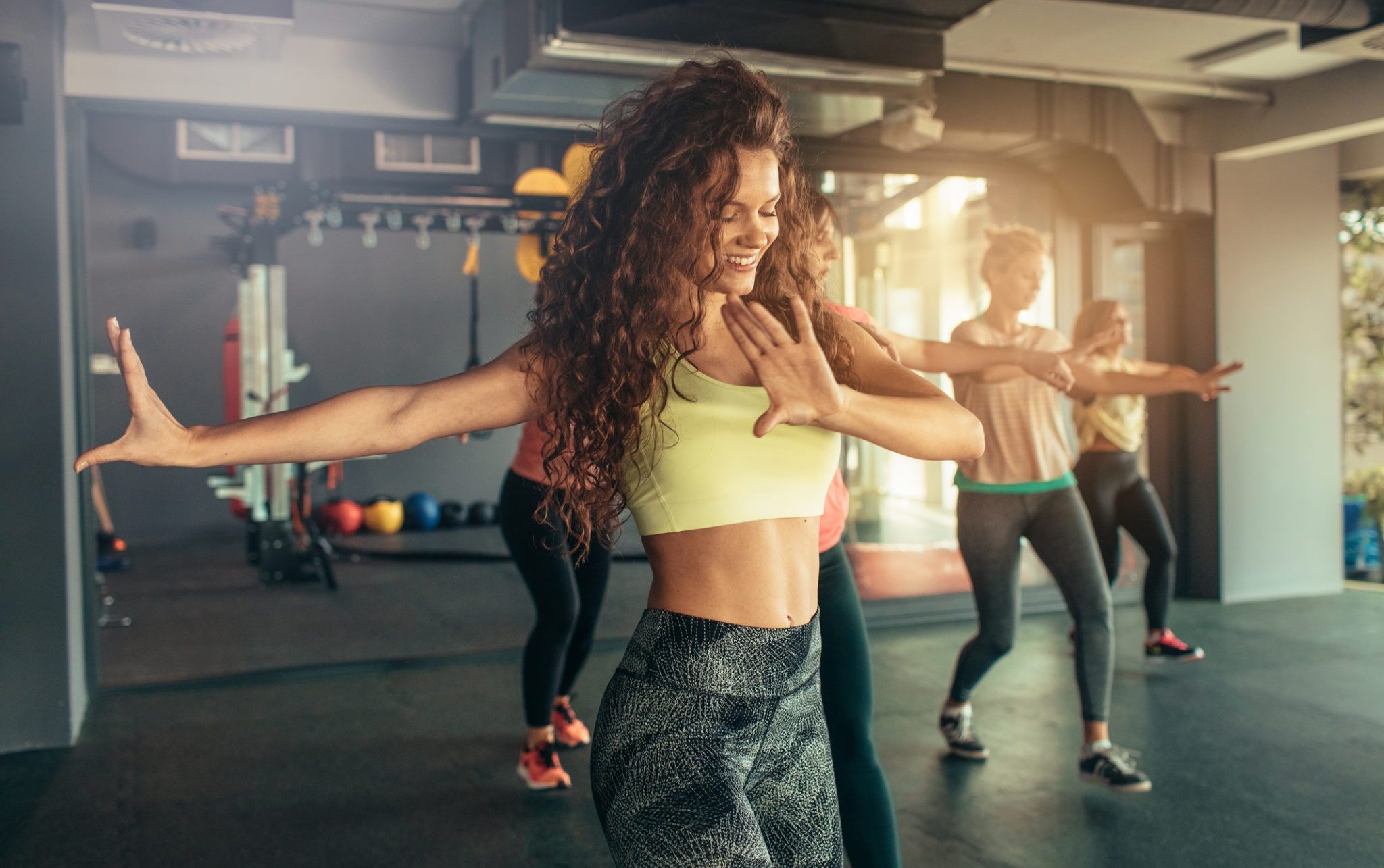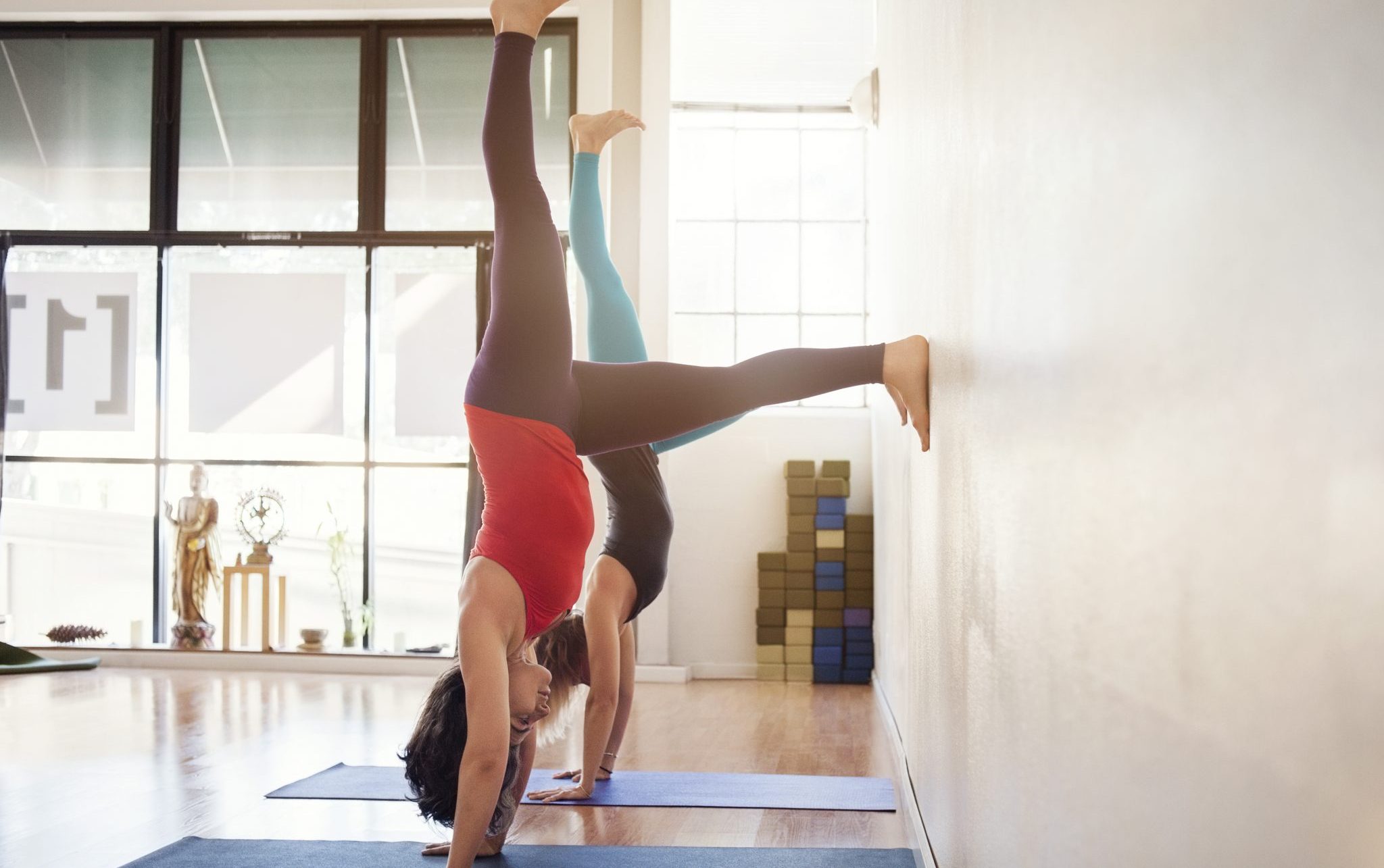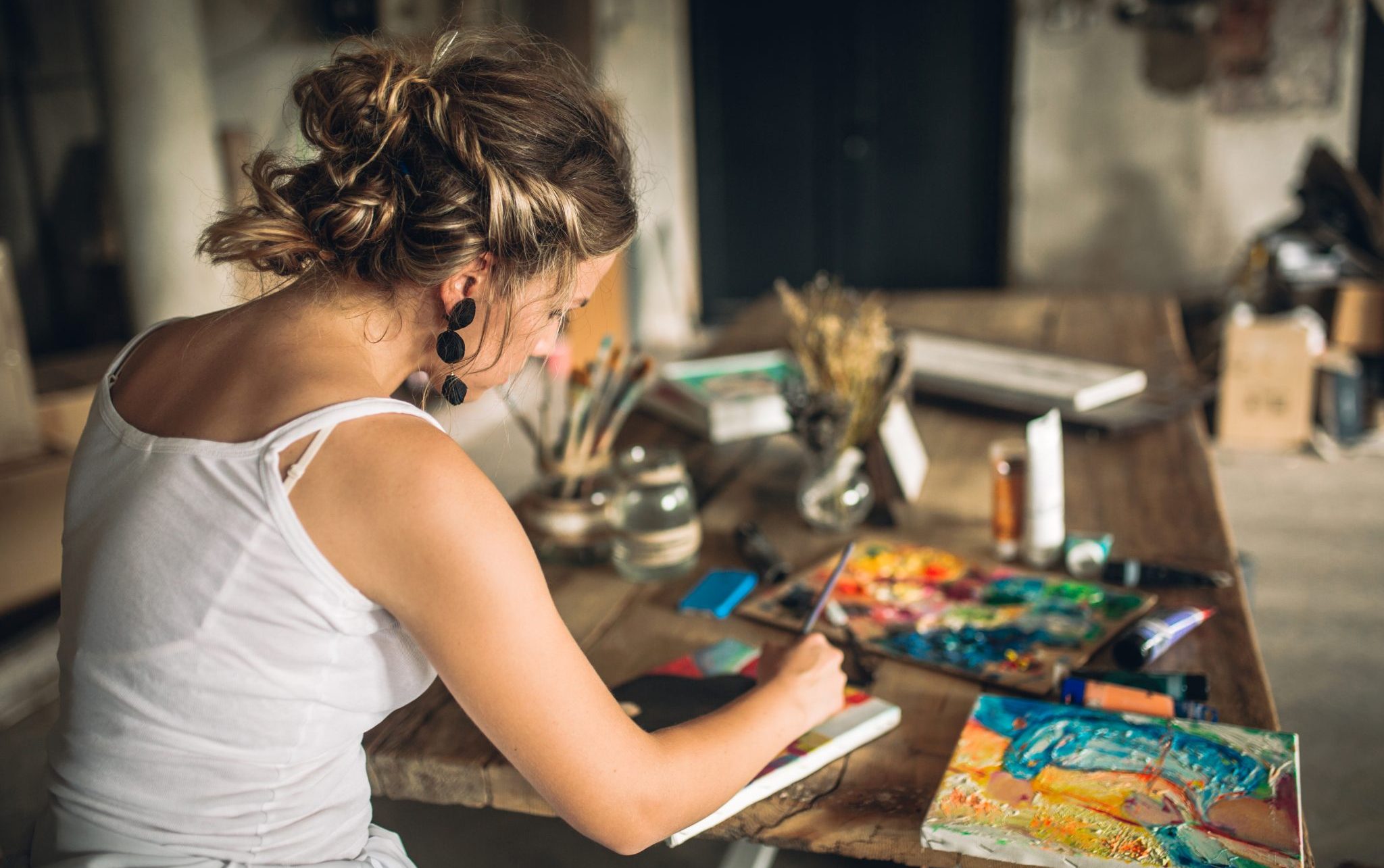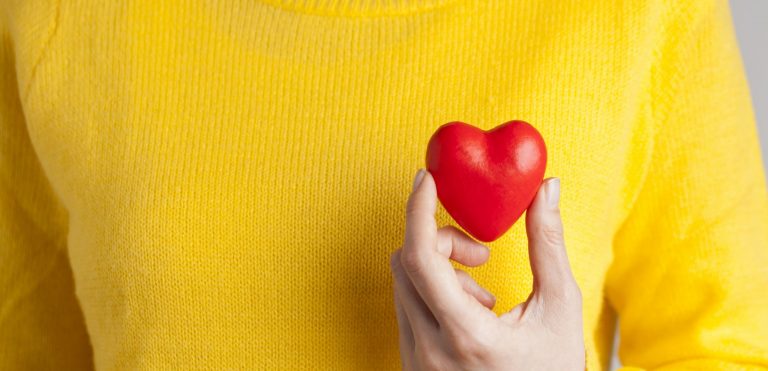During lockdown, our safe place, our home, can become our biggest stressor. We feel trapped, unable to get away from all the worries that surround us. It might be the little things, such as someone who seems to never wash the dishes, or it could be bigger, like worries over finances and employment during this difficult time.
It’s tough! There’s no doubt about that. But there are some simple techniques you can use to lessen those feelings of overwhelming stress and get through this challenging time. These are our 7 simple ways to reduce stress and anxiety at home.
7 Tips for reducing stress and anxiety at home
1. A warm bath
Some like it hot – a bath that is. There is nothing more relaxing than sinking into a warm tub. Shake off the worries of the day, along with your old clothes, and slide into the soothing water. As you feel it move against your skin, let it wash away your concerns. See them float away from you.
A bath is a perfect time to switch off and be alone. Focus on you and your well-being – the here and now. For even deeper relaxation, try a bathtub meditation or even some essential oils to get the soothing mood just right.
2. A shower
Yes, another water activity. Water has the power to change how we feel – to relax, to stimulate, to heal. You know that feeling in the morning where you drag yourself from your bed, hazy and tired, and not ready to do anything. But the moment you step into the shower, you feel renewed. That’s the power of water.
The pressure of the shower helps you relax as the water hits your skin, like a gentle massage. Turn it on cold to help reduce tension, improve circulation, and gain energy. Switch to warm for muscle soreness, anxiety, and tension headaches. Not only that, but taking a shower allows you to be alone, take a minute to relax, and de-stress from all that is around you.
3. Meditation and Visualization
The benefits of meditation speak for themselves. This is a time to use the power of your mind to bring peace and calm to your body. Adding in the visualization element helps push this just a little bit further.
Visualization trains your brain. Inside your mind, you create or recreate images, smells, feelings, and more. It can help you learn or simply relax by getting you out of your environment. Here's how.
Find a calm space and start imaging an environment that relaxes you. Let's take the example of a morning latte in a coffee shop.
Close your eyes and think of one detail in that image – the cup. Imagine how it looks. The color of the cup, the gentle tones of the foam, and coffee swirled together. Now, build the environment around it. The tables – round or square. The chairs – soft or wooden. The coffee shop, the people. Everything so that you can see it clearly in your mind.
Coming to the first-person view. Pick up your imaginary coffee cup in your hands. How does it feel beneath your fingers? Imagine the smells and sounds all around you. Breathe in and out. In and out. Take in the environment in your mind's eye and relax.
4. Progressive muscle relaxation
Sometimes when we are too stressed, no amount of mediation will work as the tension in our muscles physically prevents us from getting into that relaxed state. Progressive muscle relaxation is a technique where a person tenses and relaxes their muscles to relieve stress or tension. Here’s how it works.
Lie flat on your back on a comfortable surface. This can be your bed, a floor mat, or your garden outside, somewhere you feel comfortable. Turn on gentle music and close your eyes. Next, starting with the muscles of your head and face and working your way right down to your toes, tense, and then relax the individual muscle groups. You might need to repeat it a couple of times to get the maximum benefit, but afterward, you’ll feel those muscles looser and less painful.
Try these muscle groups in this order: muscles of your neck, facial muscles, shoulders, arms, chest, stomach, butt and pelvic area, legs, and finally feet.
5. Switch on the music
Muscle is a well-known tool that can affect our mood. It affects our physiological functions – our heart rate, blood pressure, stress, and more. Turn on a fast beat to boost your mood or slow relaxing music-waves for concentration.
If you get your body moving, you’ll soon start to notice those feel-good hormones flow. Your mood will improve, and your stress decrease. This is a perfect activity, whether you’re still in your PJs or have got on your best suit. Simply hit play and move your body to a tasty tune. Worried about looking silly? Don’t be! Close those curtains and rock-on!
6. Inversion
Long-term stress can leave our nervous system overworked. And this is bad news for your health. The theory behind inversion suggests that when your feet are above the level of your heart, the body relaxes and reduces stress. Yogis suggest this is due to the stimulation of the Vagus nerve, which leads to a deeper sense of calm.
If you’re a yoga pro, you can try this pose by doing a handstand, using a wall for support. Or, if you need things a little more relaxed, try this. Lie on your bed and lean your head off the end of it. Breathe in and out deeply and try to relax.
7. Do something creative
Unleashing our creative side is known to reduce anxiety, manage your feelings, and simply feel calmer. Whether you love baking, painting, or even singing, now is the time to embrace those creative impulses.
Letting all that pent up anxiety out gives you a positive outlet for your feelings and emotions. This is especially important when there is little you can do about your physical environment at this time. So, pick up that brush, baking tray or microphone, and give freedom to your creative side. Perhaps you’ll even discover a new talent along the way.
Need more stress-reducing techniques? Check out our article on How to Cope with Anxiety in Times of Uncertainty for more relaxation and stress tips.

